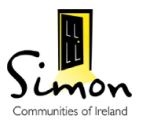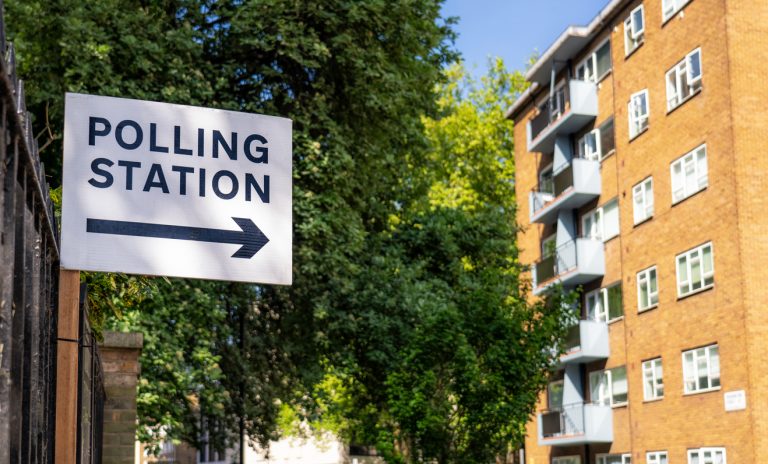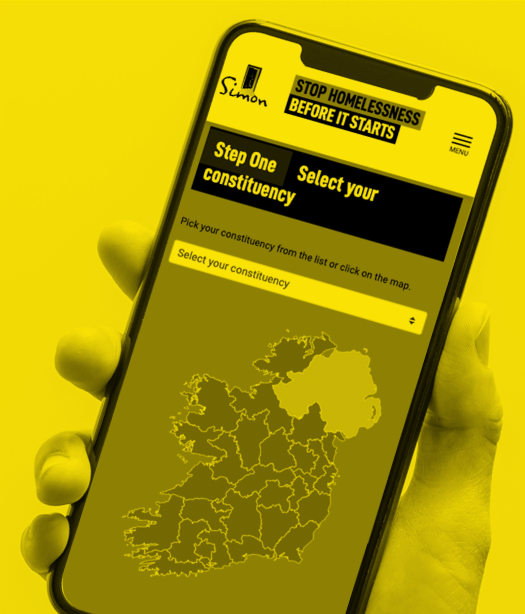16th May, 2024
Poll by Simon Communities finds Hidden Homelessness affects 32,000 households across the Island of Ireland
- People forced to sleep in cars, office buildings and on friend’s sofas
- Cost of private rental identified as a key contributor to the problem
- Research will enable charities to understand the issue’s “true scale”
A new poll commissioned by the Simon Communities of Ireland and Simon Community NI has revealed the issue of Hidden Homelessness* is a growing problem that currently affects more than 30,000 households across the island of Ireland. The research found that 24,000 households in the Republic of Ireland – and a further 8,500 households in Northern Ireland – are currently experiencing the issue of hidden homelessness.
Carried out by Ireland Thinks and Lucid Talks, the poll is set to be the focal point at a conference hosted by the Simon Communities of Ireland and Simon Community Northern Ireland in Dublin today.
The polls had sample sizes of 1,762 in the Republic of Ireland and 1,050 in Northern Ireland, with less than one in twenty (3.3%) households in Northern Ireland and the Republic of Ireland (3.8%) confirming they currently have no alternative but to live in a variety of situations.
Loss of home from the private rental market was the most common reason for experiencing hidden homelessness, with four in ten people (40%) citing this in the Republic of Ireland as well as Northern Ireland (37%). Surging costs appear to be making the private rental market increasingly inaccessible to those on lower incomes and is seen as a homelessness driver.
The duration of hidden homelessness experienced was significant in both jurisdictions. Eight in ten (83%) people in Ireland, and a further seven in ten (77%) people throughout Northern Ireland are having to endure hidden homelessness for a period of six months or longer.
The new data also indicates younger people (18-34-year-olds) are more likely to experience hidden homelessness, while cases of hidden homelessness in the Republic of Ireland involving women are 3% more compared to males. There was no difference reported in Northern Ireland.
Another key difference revealed by the research is how those dealing with homelessness in the Republic of Ireland were less likely to contact their local housing authorities than those in Northern Ireland.
Wayne Stanley, Executive Director, Simon Communities of Ireland, said:
“This polling provides us with an opportunity to better understand the macro dynamics of homelessness. This contribution is not the endpoint but the continuation of the critically important conversations that must lead to action.
What we know, and this poll confirms again, is the fact that a supply of secure affordable homes will allow us to make huge inroads on homelessness. In the Republic of Ireland, three in ten people (31%) currently experiencing hidden homelessness, said their household had that experience after losing their home in the private rental market because the landlord was selling up or wanted the property for their own use.
We also know that half of those having this experience are not contacting their local authority for support; this suggests that there is more we can do to reach out to this cohort.”
Jim Dennison, Chief Executive of Simon Community NI, added:
“This valuable research highlights the level of emergency we are facing across the island of Ireland. More and more households will be forced into homelessness due to social and economic factors.
The official figure over 55,500 people who are homeless in Northern Ireland is stark, but this doesn’t even include those who are currently experiencing hidden homelessness. We would in fact estimate that the true figure is closer to 75,000.
This research will help organisations like Simon Community, across the island of Ireland, and our policy makers understand the true scale and nature of the problem, and so we are able to develop the solutions to tackle it.”
Key findings:
- Less than one in twenty (3.3%) households in Northern Ireland and the Republic (3.8%) reported currently being forced to live in a variety of situations, ranging from staying with family and friends to sleeping in their car.
- Less than one in ten (7%) in the Republic of Ireland and Northern Ireland (5%) reported themselves, or a close family member, as having slept in a car or work van. This was followed by staying in tents/caravans (6% in the Republic of Ireland and 3% in Northern Ireland), in a workplace (4% in Ireland and 2% in Northern Ireland), overnight in a bus station (4% in Ireland and 2% in Northern Ireland) and squatting (3% in Ireland and 1% in Northern Ireland).
- In both the Republic of Ireland and Northern Ireland, loss of home from the private rental market was the most cited reason for experiencing hidden homelessness. Four in ten people (40%) in the Republic of Ireland and in Northern Ireland (37%) have experienced this. In both jurisdictions, two in ten (22%) said it was down to the landlord wanting the property back.
- Other reasons included loss or reduction in income, loss of employment, loss of an owned or mortgaged home, and exiting an institution (care, hospital, or prison).
*Hidden homelessness is a term used to describe those who may be considered homeless, but whose housing situation is not visible on the streets as they tend to sleep in cars, ‘sofa surf’, or take to squatting in their office. It can also be the case that these individuals have not contacted their local housing authority for help and, therefore, this goes unrecorded in official statistics.
ENDS
For further information contact Aileen Gaskin
087 7724 717
communications@simoncommunity.com


